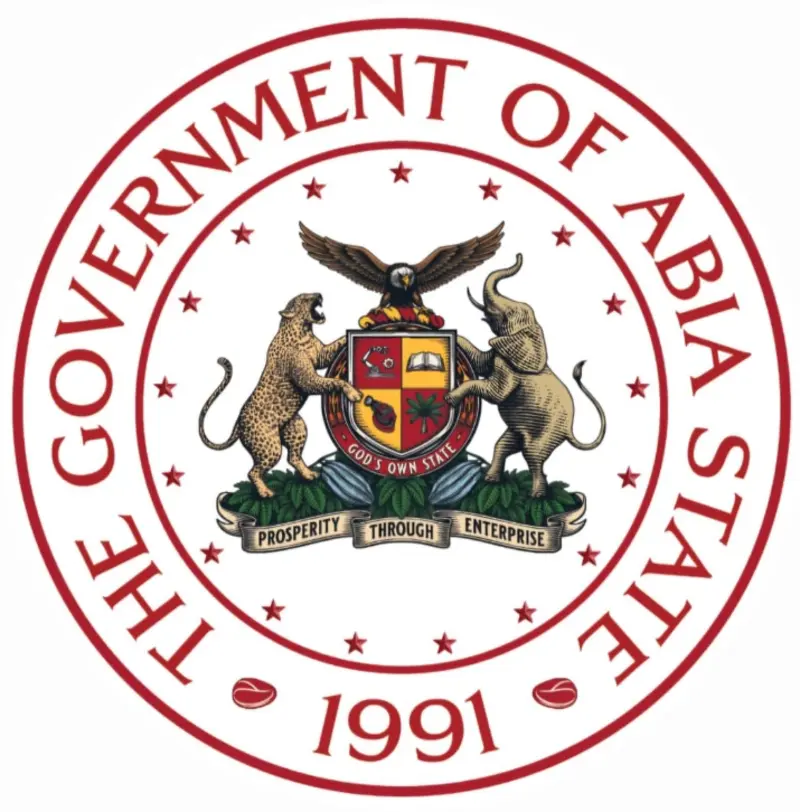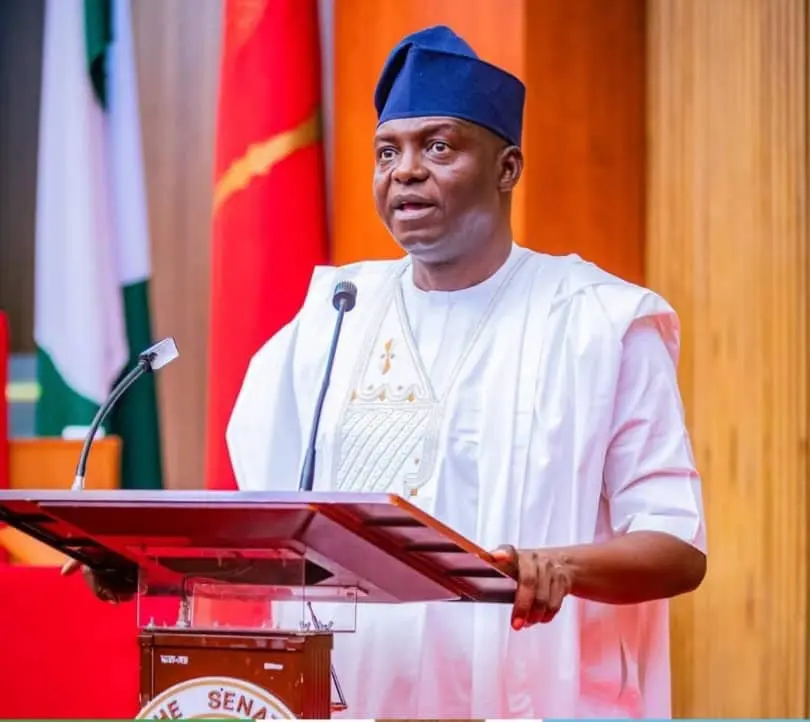The Federal Government of Nigeria has disbursed ₦330 billion in cash to poor and vulnerable citizens through the National Social Safety-Net Coordinating Office. This was announced by Minister of Finance and Coordinating Minister of the Economy, Wale Edun, at a meeting of the Special Presidential Panel on the Social Investment Programme in Abuja.
According to Edun, the social protection program is now back on track to alleviate the effects of rising price levels. The program has captured approximately 19.7 million poor and vulnerable households, representing over 70 million individuals, in the National Social Register. The initiative is being funded by an $800 million World Bank facility, with cash already transferred to 15 million households.
So far, 8.5 million households have received at least one payment of ₦25,000, while some have received two or three payments. The remaining seven million households are expected to be paid before the end of the year. Edun emphasized that the program is anchored on a transparent and sustainable framework, with all beneficiaries verified through their National Identity Numbers. Payments are made digitally, either through bank accounts or mobile wallets, to ensure proper accountability.
The current administration remains committed to assisting vulnerable citizens as part of measures to mitigate the impact of ongoing economic reforms. The renewed effort under the Social Investment Programme aims to restore confidence in a scheme that had faced suspension and restructuring earlier in the year. Edun maintained that the priority of the Tinubu administration is to ensure that every qualified household in the National Social Register benefits from the program before the close of the year.
The disbursement of ₦330 billion is a significant step towards addressing poverty and vulnerability in Nigeria. The program’s focus on transparency, accountability, and digital payments underscores the government’s commitment to effective and efficient social protection. As the program continues to roll out, it is expected to have a positive impact on the lives of millions of Nigerians, providing a vital safety net during a period of economic uncertainty.



